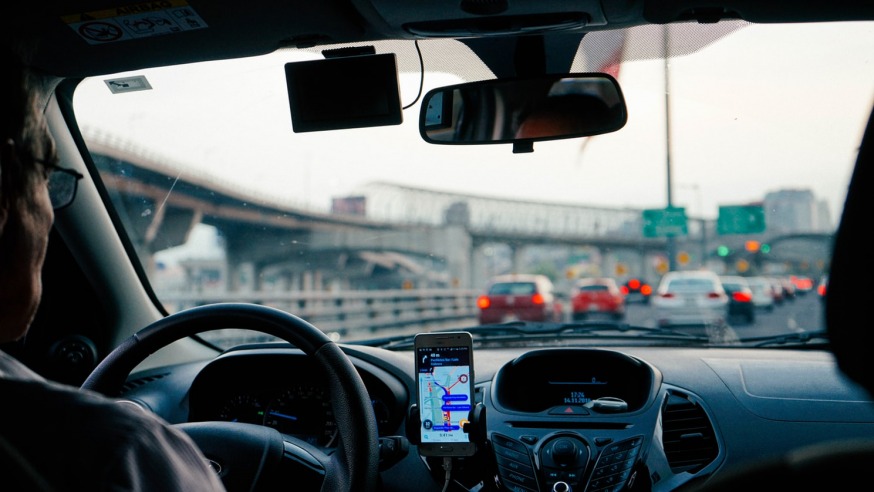
Photo: Stock Unsplash
March 18, 2020 By Christian Murray
Forget about the inexpensive Uber ride-share option.
Mayor Bill de Blasio announced yesterday that he has signed an executive order than bans shared rides in an effort to promote social distancing.
“We want to protect drivers and we want to protect riders alike,” the Mayor said during a press conference Tuesday. “The Executive Order will ban ride shares and pooling of customers. This has been done in agreement with major for-hire companies such as Uber, Lyft and Via.”
Customers will still be able to get individual rides through the apps but the ride share options are no longer permitted.
“The rule will be one individual customer per vehicle,” the mayor said, unless the individual is accompanied by a partner or family member.
Uber and Lyft announced yesterday that they had suspended their shared ride options throughout North America.
